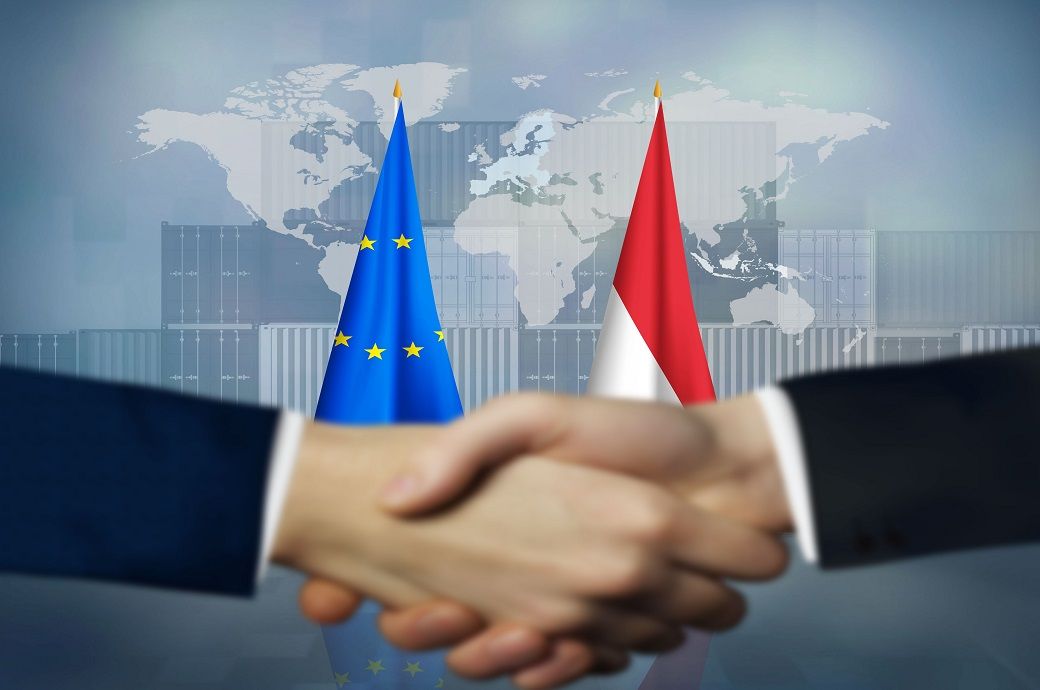
This followed a political agreement reached on July 13 by European Commission President Ursula von der Leyen and Indonesian President Prabowo Subianto.
The EU side was led by commissioner for trade and economic security as well as inter-institutional relations and transparency Maros Sefcovic. “With over 98 per cent of tariffs to be eliminated, growth across key sectors is set to accelerate. EU exports to Indonesia alone could rise by nearly 30 per cent,” he wrote on X.
These comprehensive, forward-looking, and mutually beneficial agreements are a key milestone in delivering on the EU's strategy of diversification and partnerships, strengthening trade and investment ties with a major economy, and creating new export opportunities and more secure supply chains for energy and raw materials, an official release from the Commission said.
“We have made a commitment to double down on diversification and partnerships, to further support EU jobs and boost growth. Our deal with Indonesia creates new opportunities for businesses and farmers in a major and growing economy,” von der Leyen said.
The CEPA will significantly benefit European farmers, bringing down tariffs on agri-food products and protecting traditional EU products, as well as key industrial sectors, such as the automotive, chemicals, and machinery sectors.
In all, EU exporters will save some €600 million a year in duties paid on their goods entering the Indonesian market, and European products will be more affordable and available to Indonesian consumers.
The CEPA is also a major milestone for the EU and Indonesia to foster sustainable growth and the green transition.
The agreement will give EU companies privileged access to the Indonesian market by removing import duties on 98.5 per cent of tariff lines and simplifying procedures on EU goods exports to Indonesia; allowing EU companies to provide services with full ownership in key sectors; opening up new opportunities for EU investments into Indonesia, notably in strategic sectors, thereby fostering the integration of both side's supply and value chains; and protecting intellectual property.
It will protect 221 EU and 72 Indonesian, agricultural and food geographical indications (GIs).
The CEPA has a strong sustainability pillar, fully integrating the objectives of the EU Trade and Sustainable Development (TSD) review, with respect to commitments on climate, environment, workers' rights and their enforceability.
The deal sets the Paris Agreement as an essential element and promotes trade and investment in products vital for environmental and climate objectives, including renewable energy and low-carbon technologies.
Indonesia is a world-leading producer of raw materials, many of which are vital to the green and digital sectors. The deal strengthens predictable, reliable and sustainable supply chains, including through reduced tariffs, facilitation of exports, environmental impact assessments and advanced cooperation.
The negotiated draft texts will go through legal revision. The Commission will then put forward its proposal to the European Council for signature and conclusion of the CEPA and the IPA. Once adopted by the Council, the EU and Indonesia can sign the agreements.
Following the signature, the texts will be transmitted to the European Parliament for consent. After the consent by the European Parliament, and once Indonesia also ratifies them, the CEPA and IPA can enter into force.
Negotiations for an Indonesia-EU FTA started in July 2016.
ALCHEMPro News Desk (DS)
Receive daily prices and market insights straight to your inbox. Subscribe to AlchemPro Weekly!